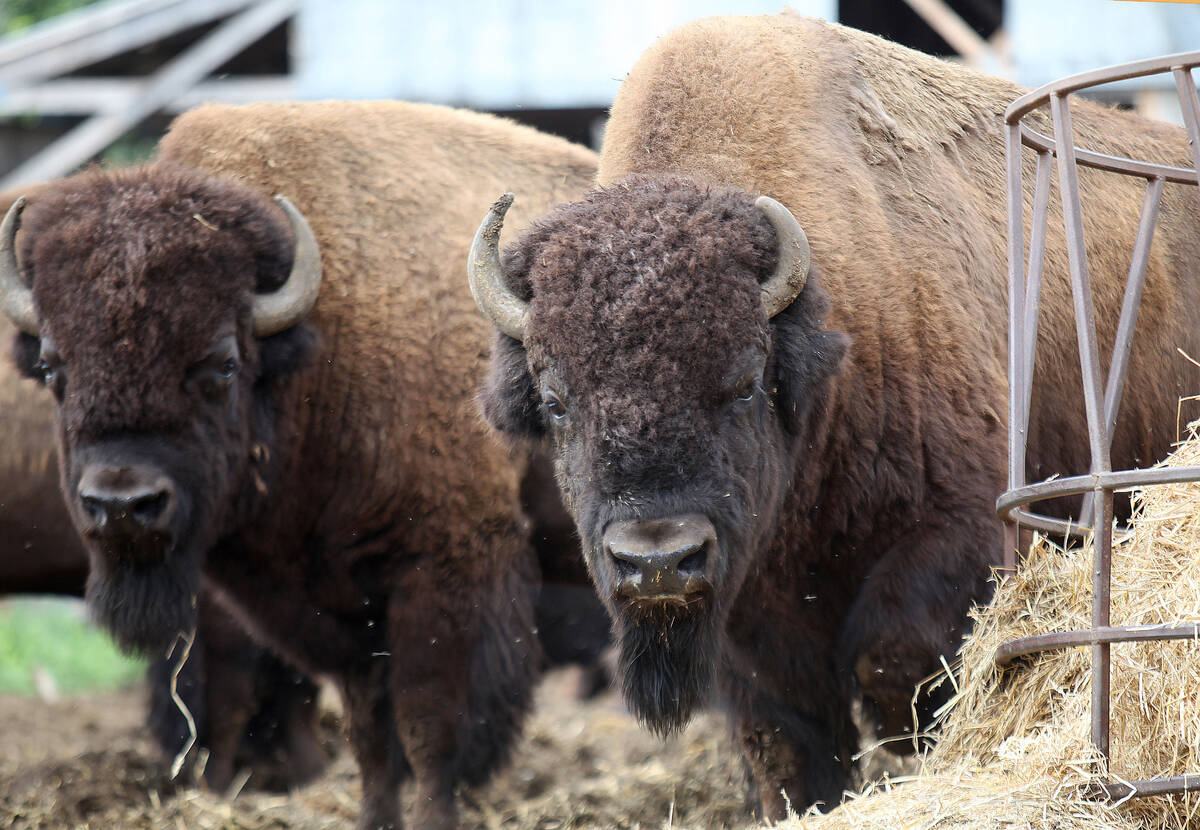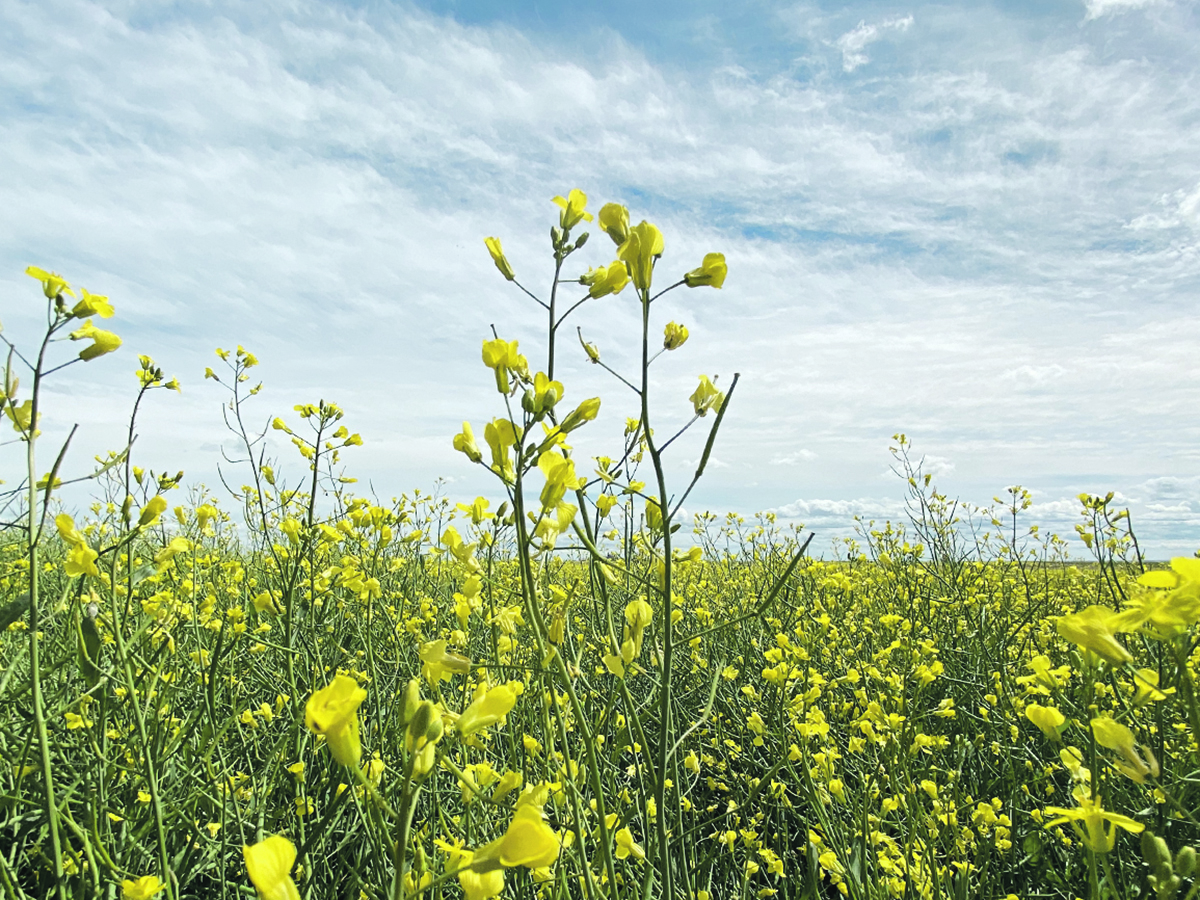The agriculture industry constantly faces challenges and adversities that try the patience and fortitude of those in the sector. Rather than focus on a discussion of these issues now that the new year has arrived, this article highlights important aspects from the past year.
Gene editing gains regulatory approval in Canada
Perhaps the leading issue of importance was the May announcement from the Canadian Food Inspection Agency’s feeds division that the use of gene editing technologies would be viewed as conventional plant breeding, not requiring additional regulation.
Read Also

Reconciliation and farming require co-operation to move ahead
Indigenous communities in North America were cultivating crops such as potatoes and corn long before anyone from Europe had heard of the crops.
This announcement brought the division in line with previous announcements by the CFIA and Health Canada.
It is tremendously positive news for research and development of new crop, fruit and vegetable varieties in Canada because it will reduce the time and cost of developing new varieties, allowing farmers to adopt these better varieties more rapidly.
This decision also represents a huge failure for organizations opposed to innovation in agriculture, such as the Canadian Biotechnology Action Network, which has been aggressively lobbying and campaigning for needless and burdensome regulations for gene editing technologies.
CBAN has engaged in deliberately spreading false information about gene editing for numerous years, so it’s great to see Canada’s regulatory agencies making decisions based on science rather than on activist propaganda.
Canadian canola and Chinese trade disputes
Last fall, China announced it was going to investigate the Canadian canola industry for allegedly “dumping” canola onto the global market and affecting prices. This is an entirely political response from the Chinese government, as just weeks earlier, the Canadian federal government announced a 100 per cent tariff on Chinese produced electric vehicles.
The dumping probe is simply more political posturing that the Chinese administration is well known for. The Canadian agriculture industry should be increasingly prepared for politics to affect international trade.
Inflation, interest rates and food prices
With inflation and interest rates continually decreasing, the impacts of both on the agriculture industry and food prices are starting to be marginally positive.
The supply chains that were disrupted during COVID and subsequent geo-political events have been overcome and have returned to near normal conditions.
This has led to some food product prices not increasing over the past year, while some even witnessed slight decreases.
Canada’s Food Price Report is predicting food price increases of three to five per cent for 2025, up from 2.5 to 4.5 per cent for 2024. While relief for consumers won’t be glaringly evident, moving away from previous price increases of five to seven per cent is good news.
Global perspectives on agricultural innovation
I think that the most positive news is what I have gleaned from speaking at numerous events around the world this year. I was recently in South Korea, speaking to regulators about the regulation of gene editing technologies. I have previously spoken to audiences in Bangladesh, Indonesia, Florida, Italy, Peru and Switzerland about innovation, regulation and sustainability.
The message I hear from these diverse audiences is a positive one as regulators realize that innovative technologies such as genetic modification and gene editing are safe and provide exceptional economic and environmental benefits and that if food security is to improve in their country, then they need to be adopting these technologies.
This is wonderfully positive news.
Gratitude to agricultural workers
Thanks to everyone who has produced food, helped process items into food products and works within agriculture and our food industry. Your efforts to keep society and the world fed are amazing testimonials to the success of innovation.
Stuart Smyth is an associate professor in the University of Saskatchewan’s Department of Agricultural and Resource Economics and holds the Agri-Food Innovation and Sustainability Enhancement Chair. This article first appeared on the SAIFood website.

















